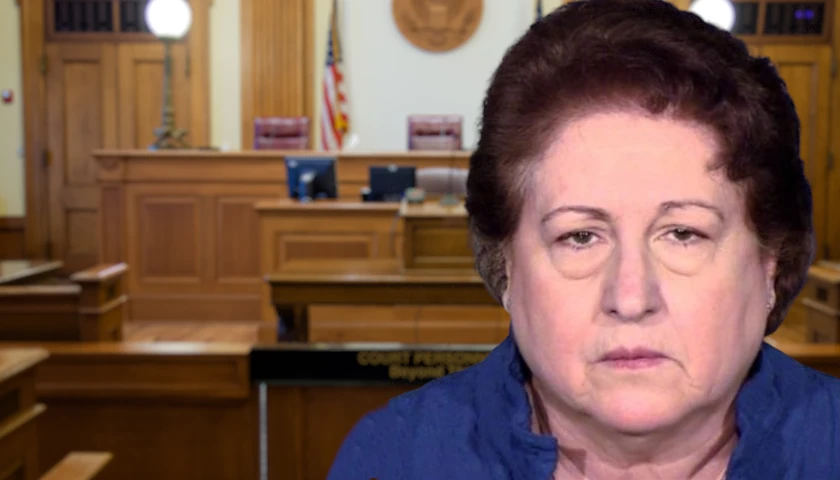Arizona House Speaker-Elect Ben Toma (R-Peoria) filed a complaint against the City of Tucson (COT) for amending its Fair Housing Code in a way he said is unconstitutional.
“The adopted ordinance violates state law and our Constitution. To put it plainly, no matter the reason, Arizona’s ninety-one cities and towns are bound by the laws of this state. We hold this expectation for our citizens, and we will do the same for our local governments,” said Toma.
Speaker-Elect @RepBenToma Files 1487 Complaint After City of Tucson Forbids Consideration of Source of Income on Rental Housing Applications.
READ MORE: https://t.co/0WXOzIrZbm #AZLeg pic.twitter.com/zwDtiWv6cz
— Arizona House Republicans (@AZHouseGOP) November 17, 2022
Toma filed his complaint to the Arizona Attorney General’s Office (AGO) and requested an investigation into COT regarding this issue. Should it be necessary, Toma also asked the AGO to withhold state-allocated money from COT and initiate a special action proceeding in the Arizona Supreme Court, as allowed under Arizona law.
The Arizona Sun Times reached out to the AGO and COT for additional comments but did not hear back before publishing.
The amendment in question came from Ordinance Number 11959, which the Tucson City Council passed in September. Under Tucson City Code § 17-52, a source of income is added to the list of items a home seller or renter cannot discriminate against a potential buyer on. Sellers now cannot make or not make a home offer, make differing terms or conditions, make any notice, statements, or advertisements regarding a sale or rental, or encourage someone to sell or rent based on their income source.
City Councilman Steve Kozachik explained that this amendment cannot be used to force a change in rent prices but is an effort to ensure people cannot be turned away from living where they want because they are receiving money from a U.S. Department of Housing and Urban Development (HUD) Voucher Program (Section 8).
However, Toma argued that it is unconstitutional for the COT to make any such amendment in the first place. Under already existing Arizona law, the state already outlaws discriminating against a house buyer or seller based on race, religion, and sex. Yet, major cities within the states were allowed to create their own fair housing code, but only before January 1st, 1995, and the measures must be “substantially equivalent” to the provisions of federal and state law. Toma argued that this amendment’s existence violates these terms.
Moreover, Toma stated that this amendment has more problems than its logistics. It is entirely voluntary for a landlord to enter into agreements involving the Section 8 program, and this new amendment does not force them to enter any such contracts. However, Toma argued it may still compel them to do so.
“Property owners who choose to enter into a Section 8 agreement with a local public housing agency must submit to an extensive and invasive regime of inspections and regulatory conditions,” Toma said. “By purporting to convert an explicitly voluntary federal program into a local mandate, the Ordinance is irreconcilable with controlling federal law and, by extension, with Article II, Section 3 of the Arizona Constitution.”
Furthermore, Toma shared concerns that this amendment may prevent landlords from issuing eviction notices to tenants who qualify for rental assistance. He said doing so would violate state law and the rights of lessors.
Toma insisted that while Tucson’s housing crisis is an issue the city needs to fix, this amendment is not the way to go about it.
– – –
Neil Jones is a reporter for The Arizona Sun Times and The Star News Network. Follow Neil on Twitter. Email tips to [email protected].
Photo “Ben Toma” by Ben Toma. Background Photo “House” by Pixabay.





